Blood Diamonds of the Lost Bazaar: A Novel by Rickey Pittman, Bard of the South
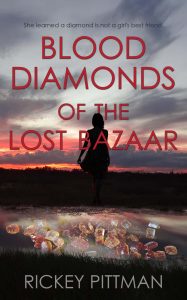 My new novel will be released this year. To give my readers and writer friends a little taste of some discoveries they will make, I’ve included a list of the epigraphs I’ve used to set a tone or to encourage thinking or personal memories. If you read my other novels and short stories, you already know that I am fond of using epigraphs. Most are directly under the chapter number, but a few of the Krio proverbs are also in the text as quoted by characters. I hope you will find the Krio proverbs as delightful as I did. The Krio language is English based and is Sierra Leone’s de facto national language. I encourage you to do an online search of Krio. At the end of my list of epigraphs, is a short video that will teach the basics of speaking Krio:
My new novel will be released this year. To give my readers and writer friends a little taste of some discoveries they will make, I’ve included a list of the epigraphs I’ve used to set a tone or to encourage thinking or personal memories. If you read my other novels and short stories, you already know that I am fond of using epigraphs. Most are directly under the chapter number, but a few of the Krio proverbs are also in the text as quoted by characters. I hope you will find the Krio proverbs as delightful as I did. The Krio language is English based and is Sierra Leone’s de facto national language. I encourage you to do an online search of Krio. At the end of my list of epigraphs, is a short video that will teach the basics of speaking Krio:
Chap: 1 When Diamonds are a Legend,/And Diadem—a Tale—IBrooch and Earrings for myself/Do sow, and Raise for sale—Emily Dickinson
Chap. 2 The song is done, the words remain.—Krio Proverb
Chap. 3 If you look into the bride’s face, you’ll know that the bride is crying.
—Krio Proverb
Chap. 4 People say I am ruthless. I am not ruthless. And if I find the man who is calling me ruthless, I shall destroy him.—Robert Kennedy
Chap. 5: I believe there is no sickness of the heart too great that it cannot be cured by a dose of Africa—John Hemingway.
Chap. 6 A stranger doesn’t know a bad road.—Krio Proverb
Chap. 7 The heart is not made of bone—Krio Proverb
Chap. 8 Enter quickly, leave quickly: If no one sees you, then ghosts will see you. There is always a witness.—Krio Proverb
Cap. 9 If a person isn’t used to dying, once he dies it will be hard to wake him.—Krio Proverb
Chap. 10 African art is functional, it serves a purpose. It’s not a dormant. It’s not a means to collect the largest cheering section. It should be healing, a source a joy. Spreading positive vibrations.—Mos Def
Chap. 11 If you are going to the hill to make a sacrifice for the devils there and you meet them on the way, will you still go?—Krio Proverb
Chap. 12 If you close your eyes to facts, you will learn through accidents.—Krio Proverb
A dance that makes a person poor, you nah forget the song.
Chap. 13 The memories we make with our family is everything.—Candace Cameron Bure
Chap. 14 Adoption is a journey of faith, from beginning to end. — Johnny Carr
Chap. 15 I’ve seen the future and it is murder.—Leonard Cohen
Chap. 16 A bad husband is better than an empty bed.—Krio Proverb
Chap. 17 If you’re not dead yet, you haven’t heard all the news.—Krio Proverb
Chap. 18 Songwriting is too mysterious and uncontrolled a process for me to direct it towards any one thing.—James Taylor
Chap. 19 Sometimes life gives you a second chance . . . It’s what you do with those second chances that counts.—Dave Wilson.
Chap. 20 A true friend is never truly gone. Their spirit lives on in the memories of those who loved them.
Chap. 21 I grew up among wise men and found that there is nothing better for men than
silence—Krio Proverb
Chap. 22 You can recognize a person’s tribe by the way he cries.—Krio Proverb
Chap. 23 The role of the artist is to not look away.—Akiro Kurosawa
Chap. 24 Music doesn’t lie. If there is something to be changed in this world, then it can only happen through music. –Jimi Hendrix
Chap. 25 As you sell yourself, so the world will buy you.—Krio Proverb
Chap. 26 I can resist everything except temptation—Oscar Wilde
Chap. 27 The jealous are possessed by a mad devil—Johann Kaspar Lavater
Chap. 28 Without hearts there is no home.—Byron.
The turtle wants to box, but his arms are too short
Money in the hand, back on the ground.
Chap. 29 On the streets, unrequited love and death go together almost as often as in Shakespeare—Scott Turow.
Chap. 30 Stalking is a cruel and incessant crime with often terrifying consequences.
—Amber Rudd
Chap. 31 Salomé, Salomé, dance for me. I pray thee dance for me. I am sad to-night. Yes, I am passing sad to-night. When I came hither I slipped in blood, which is an evil omen; and I heard, I am sure I heard in the air a beating of wings, a beating of giant wings. I cannot tell what they mean—Oscar Wilde
Chap. 32 If they carry you on their back, you won’t know that the road is long.—Krio Proverb.
Chap. 33 When a cunning man dies, it’s a cunning man who buries him.—Krio Proverb
https://www.youtube.com/watch?v=WtMM6YzHdZM
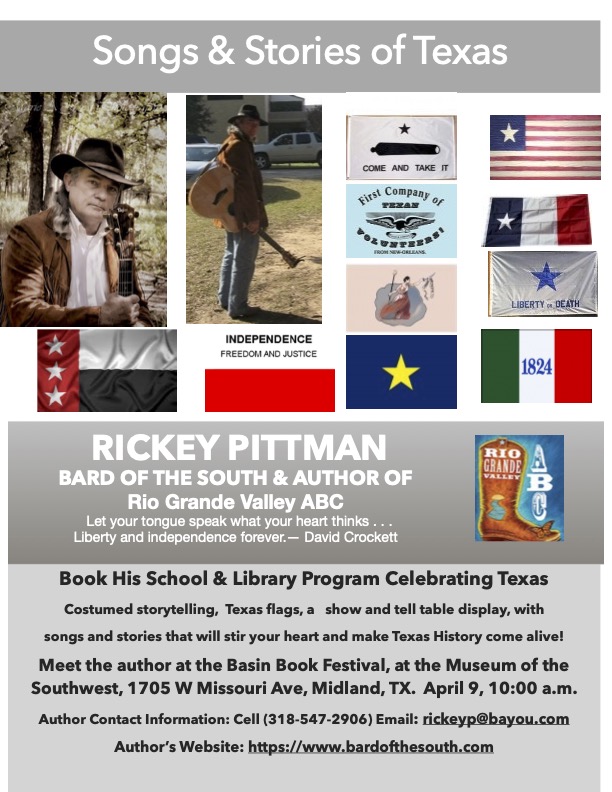

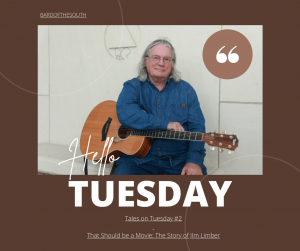
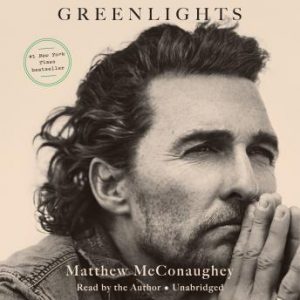
 My new novel will be released this year. To give my readers and writer friends a little taste of some discoveries they will make, I’ve included a list of the epigraphs I’ve used to set a tone or to encourage thinking or personal memories. If you read my other novels and short stories, you already know that I am fond of using epigraphs. Most are directly under the chapter number, but a few of the Krio proverbs are also in the text as quoted by characters. I hope you will find the Krio proverbs as delightful as I did. The Krio language is English based and is Sierra Leone’s de facto national language. I encourage you to do an online search of Krio. At the end of my list of epigraphs, is a short video that will teach the basics of speaking Krio:
My new novel will be released this year. To give my readers and writer friends a little taste of some discoveries they will make, I’ve included a list of the epigraphs I’ve used to set a tone or to encourage thinking or personal memories. If you read my other novels and short stories, you already know that I am fond of using epigraphs. Most are directly under the chapter number, but a few of the Krio proverbs are also in the text as quoted by characters. I hope you will find the Krio proverbs as delightful as I did. The Krio language is English based and is Sierra Leone’s de facto national language. I encourage you to do an online search of Krio. At the end of my list of epigraphs, is a short video that will teach the basics of speaking Krio: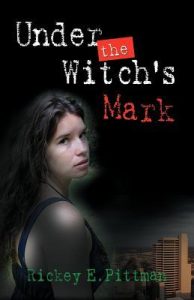 An epigraph is a short quotation, phrase, or poem that is used at the beginning of a piece of writing that suggest a theme or suggest a mood or used to steer the reader’s mind in some direction. I like to use epigraphs in my writing, sometimes before every chapter in a book or novel or at the beginning of short stories or poems, directly under the title. Here is a list of epigraphs I used in my novel, Under the Witch’s Mark: (Ordering information is below)
An epigraph is a short quotation, phrase, or poem that is used at the beginning of a piece of writing that suggest a theme or suggest a mood or used to steer the reader’s mind in some direction. I like to use epigraphs in my writing, sometimes before every chapter in a book or novel or at the beginning of short stories or poems, directly under the title. Here is a list of epigraphs I used in my novel, Under the Witch’s Mark: (Ordering information is below)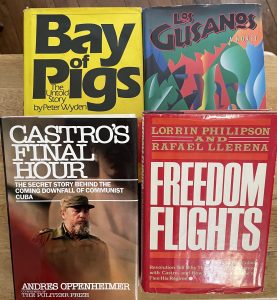 These are just a few of the stories I could share, but if you would like to read more, I would recommend the following books:
These are just a few of the stories I could share, but if you would like to read more, I would recommend the following books: